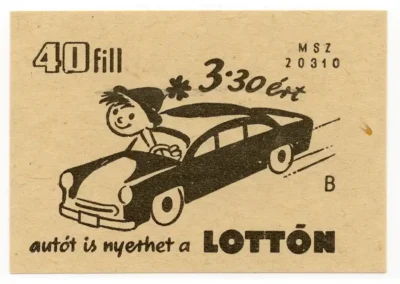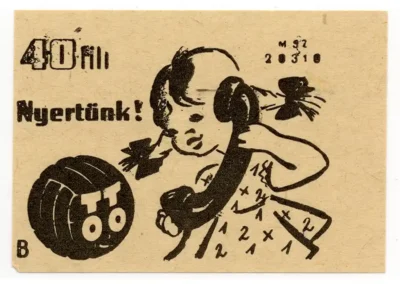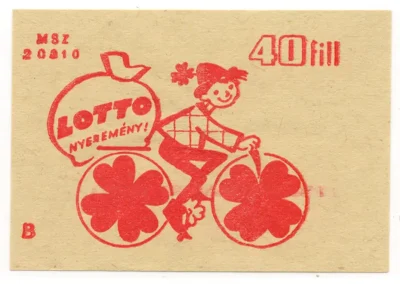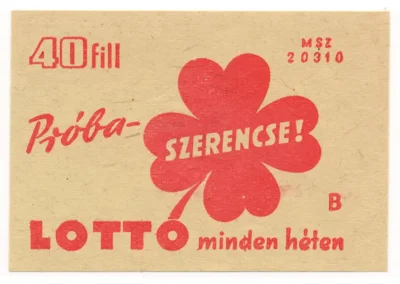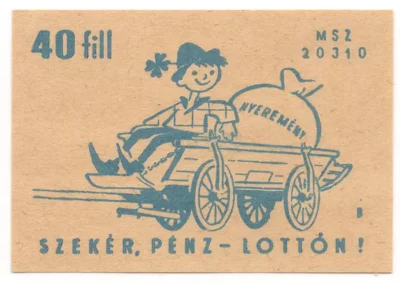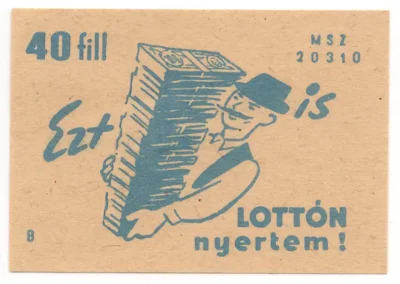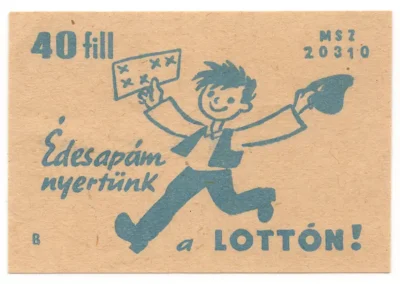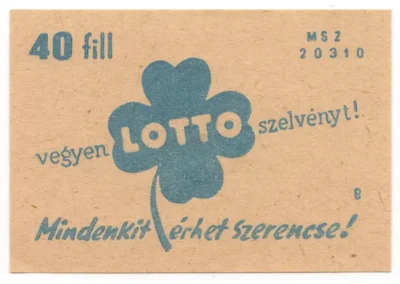In the period between 1950 and 1970, the Hungarian lottery experienced several significant events and transformations, reflecting the broader social, political, and economic changes occurring in Hungary and across Eastern Europe. This era was marked by both the challenges of post-war reconstruction and the complexities of the Cold War era.
1950s: Rebuilding and Restructuring
In the early 1950s, Hungary, under a socialist regime, was focused on rebuilding its economy and infrastructure devastated by World War II. The government, seeking ways to generate revenue for reconstruction efforts, saw the lottery as a potential source of income. During this time, the lottery system was restructured to align with state control, becoming a tool for raising funds for public welfare and state projects.
1960s: Expansion and Popularity
By the 1960s, the Hungarian lottery had gained significant popularity among the public. This period saw an expansion in the variety of lottery games offered, catering to the growing interest of the population. The lottery also became more accessible, with an increase in the number of ticket outlets and the introduction of more frequent draws.
The Role in Society
Throughout these two decades, the lottery played a dual role in Hungarian society. It was a source of entertainment and a dream of fortune for many citizens. Simultaneously, it served a practical purpose, as the funds raised were instrumental in supporting various state initiatives, including social welfare programs, educational development, and cultural projects.
The Biggest Win in the 1960s
The 1960s witnessed one of the largest lottery wins of that era in Hungary. This win was significant not just for its size but also for its impact on the public consciousness. It highlighted the potential of the lottery to change lives and fueled the dreams of countless Hungarians who participated in the hope of achieving similar fortune.
The period from 1950 to 1970 was crucial in shaping the Hungarian lottery into a key component of national life. The system evolved to meet the changing needs and aspirations of the country, firmly establishing itself as a popular form of entertainment and an important financial resource for the state. The biggest win of the 1960s became a symbol of the lottery’s potential and its enduring appeal among the Hungarian people.
